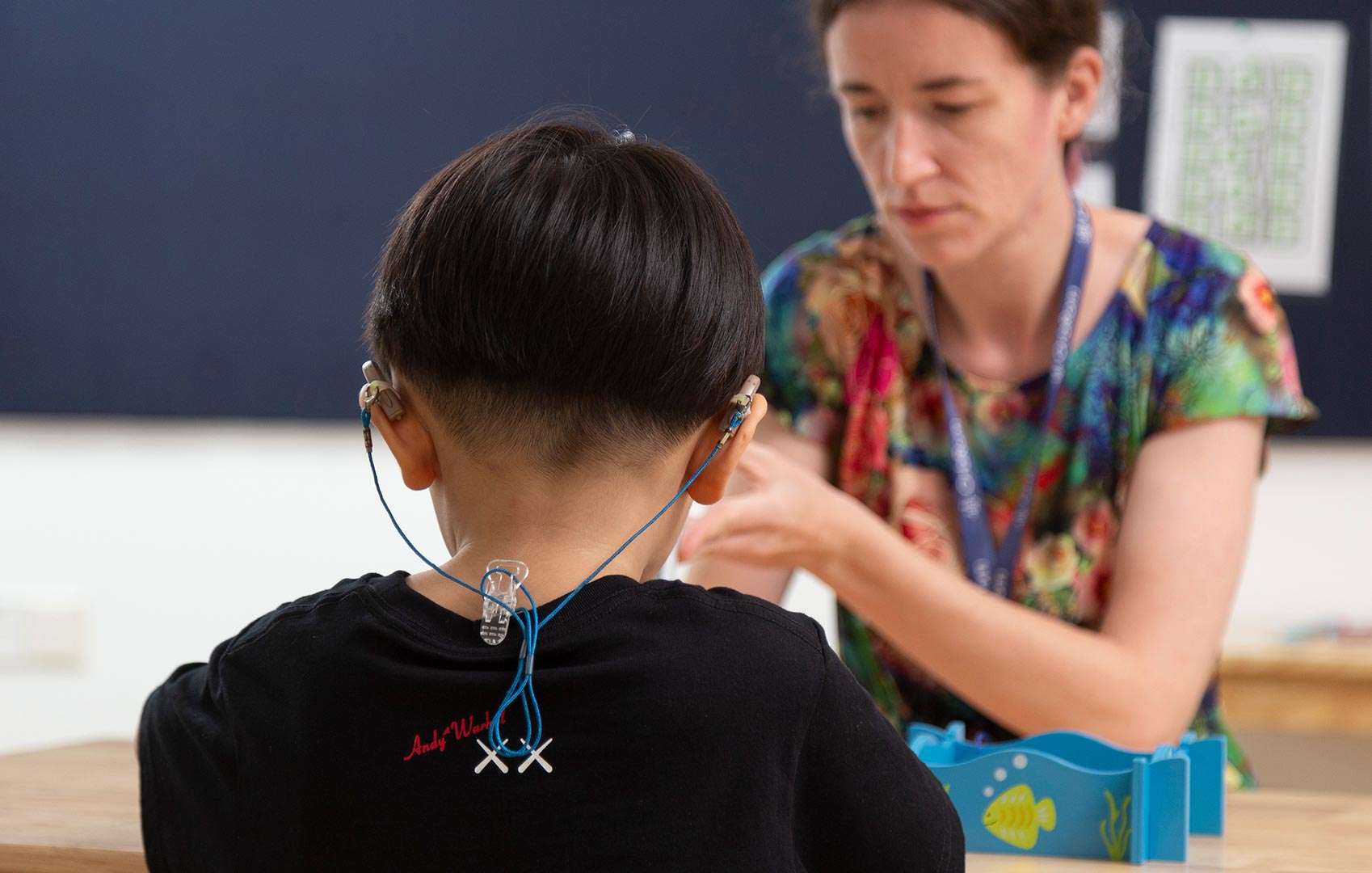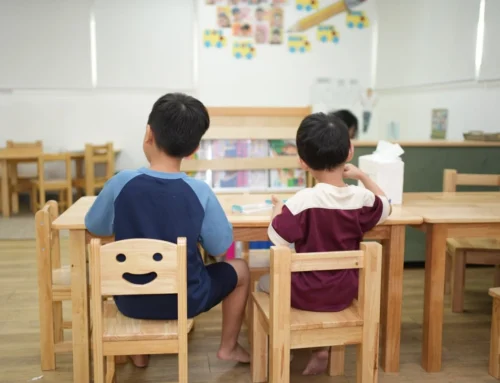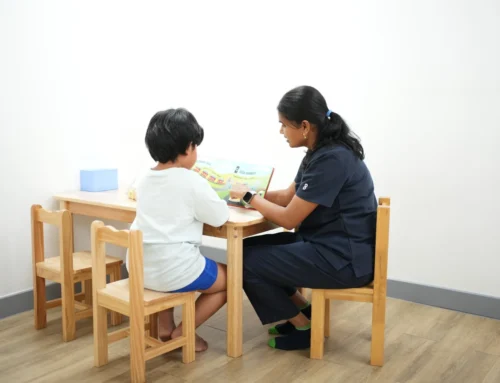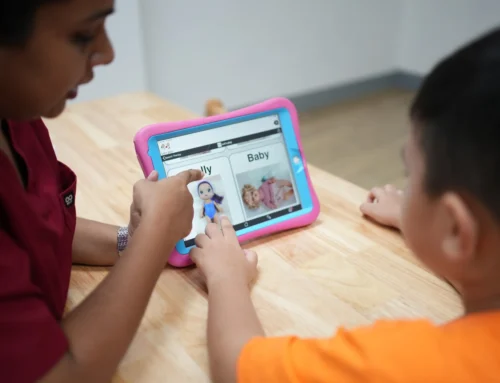Auditory Processing Disorder (APD) is not about hearing loss—it’s about how the brain interprets sounds. A child with APD might hear your words clearly but struggle to understand, especially in noisy classrooms. In Phnom Penh schools, this can easily be mistaken for inattention, laziness, or even a behavior issue. With simple classroom adjustments, teachers can immediately make learning more accessible.
Signs teachers should watch for
Children with APD may:
-
Frequently ask for repetition (“What?” or “Huh?” several times a lesson).
-
Struggle with following multi-step verbal directions.
-
Perform better in one-on-one quiet settings compared to large group lessons.
-
Mix up similar-sounding words or confuse sequence in spoken tasks.
-
Appear distracted or daydreaming, especially in noisy rooms.
For background on language-related difficulties, see Communication & Language Disorders and Social Communication & Interaction Challenges.
What teachers can do tomorrow
-
Reduce background noise where possible. Close doors/windows, minimize overlapping conversations, and seat the student away from noisy hallways or fans.
-
Pair speech with visuals. Write instructions on the board, use diagrams, and provide printed notes. This ensures students don’t lose the message if they miss a word.
-
Break down directions. Instead of saying, “Take your notebook, write the date, copy the sentences, and underline the verbs,” split into steps and check understanding.
-
Check for comprehension. Ask students to repeat back instructions in their own words.
-
Use assistive tools. Headsets, visual timers, or simple distraction-free classroom supports can help maintain focus.
-
Give extra processing time. After asking a question, wait longer before expecting an answer.
You can find related strategies for diverse learners here: Teaching Strategies for Students with Dyslexia and Individualized Support is Key.
Assessment and school collaboration in Phnom Penh
Since APD overlaps with attention and language difficulties, formal testing is vital. OrbRom Center offers Assessments that examine auditory processing, attention, and language skills together. With clear results, teachers, parents, and therapists can align classroom strategies with home practice.
For children whose academic or social participation is being affected, targeted therapy is recommended. Our Speech Therapy program supports listening strategies, auditory memory, and language comprehension. Teachers who coordinate with therapists see faster, more consistent progress in the classroom.
Why early support matters
When children with APD are left unsupported, they risk falling behind in literacy, social interaction, and self-confidence. But with teacher awareness, assessment, and tailored therapy, these learners can thrive. Phnom Penh schools working with OrbRom Center have already seen improved participation when strategies are implemented consistently.
We are the only Preschool specialized on children with special needs in PhnomPenh.
- Internationally qualified teachers
- Cambodia’s largest sensory room
- Outdoor swimming pool
- Covered outdoor playground
📞 Phone: 077.455.993
Telegram Link: https://t.me/OrbRom





